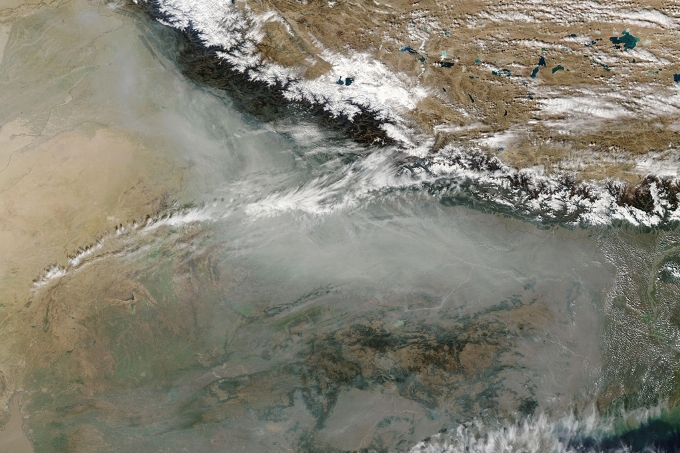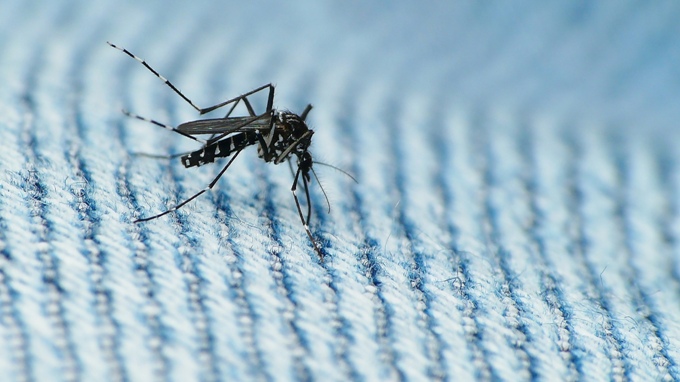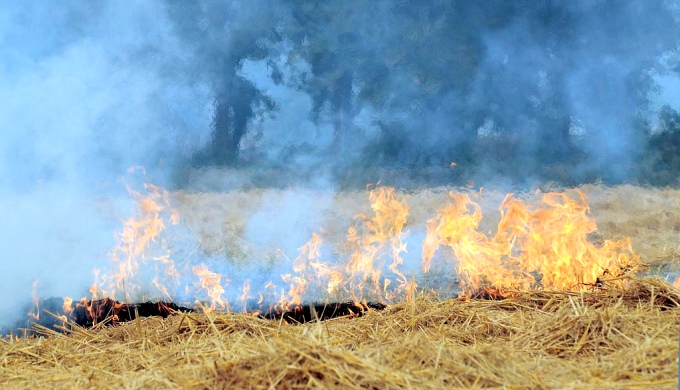Global warming could turn Indian Ocean into ‘ecological desert’
New research shows that global warming is stripping the Indian Ocean of its microscopic plants, or phytoplankton; this could impact food security in the region and the global fisheries market
The Indian Ocean has lost up to a fifth of its microscopic plants in the last six decades due to global warming. This could turn one of the most biologically productive regions of the world into “an ecological desert” and impact future…Read More





